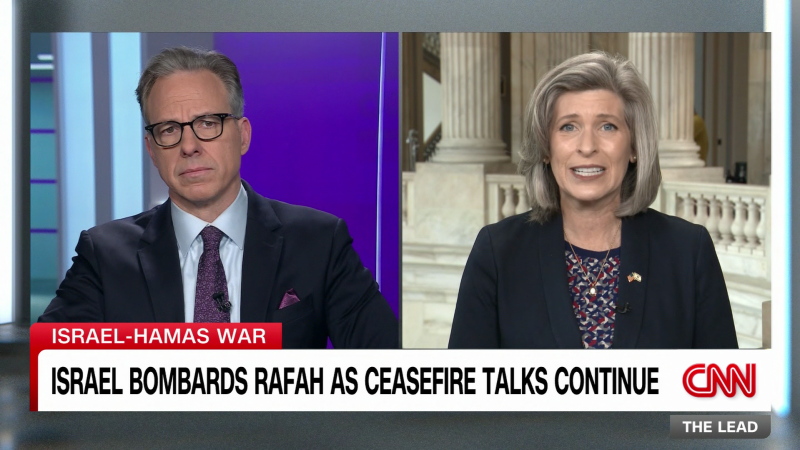Without the federal law it has craved before July 1, the N.C.A.A. will have just a handful of options, none of them particularly appealing to many executives. One would be to approve a set of new rules, or perhaps a waiver of existing policies, as soon as next week to let athletes have more financial opportunities as the state laws begin to take effect. That approach, though, could prove a fleeting salve: Some state laws that are expected to go into effect later are designed to give players more rights than the N.C.A.A. has signaled it might grant on its own.
Another strategy would be litigation. Although the college sports industry prevailed in a case in the early 1990s after Nevada threatened N.C.A.A. procedures, experts have warned that a legal fight this time could involve multiple fronts with, in turn, scattered results. Even if the N.C.A.A. or its allies could win, many executives fear that courtroom battles over the precise nature and scope of expanded rights for players would harden public opinion against a juggernaut that has spent most of its recent history embattled for one reason or another.
One approach, of course, would be to do nothing at all. But that would expose the N.C.A.A. to the very danger it has long warned about: different rules for different states and schools, imperiling fair play and recruiting and assuredly provoking an uproar on campuses that might be left behind.
The N.C.A.A. did not immediately comment on Thursday. After last week’s Senate hearing, which included an appearance by Mark Emmert, the N.C.A.A. president, the Power 5 conferences warned in a joint statement that the flurry of state laws starting on July 1 “will disadvantage student-athletes in some states and create an unworkable system for others.” They added that the leagues would “continue to work with Congress to develop a solution.”
Lawmakers, both Democratic and Republican, have repeatedly expressed interest in federal legislation, and in written and oral testimony on Thursday, a handful of senators heard arguments in support of broad changes around the rules that keep athletes from earning money off their renown. Witnesses, including three current or former college athletes, also voiced concerns about health and safety issues, including sexual assault, and gender equity in college athletics.
Senator Richard Blumenthal, Democrat of Connecticut, said to a largely empty room that he hoped Congress would approve a name, image and likeness policy, but that the measure should also encompass matters like a medical trust fund.
“The colleges are in a race with each other to recruit, and now they’re coming to the table because they face a patchwork of state laws that is desperately inconvenient for them,” Blumenthal said as he addressed the witnesses. “Your testimony shows that athletes want more than just to be shown the money. It’s about futures and careers and basic health and safety standards.”






More News
Victor Wembanyama lives up to rookie hype. The scary part? It’s just Chapter 1
As Steve McMichael battles ALS, old friends visit with stories to tell
Tom Brady ripped by Belichick, Kevin Hart, former teammates during roast